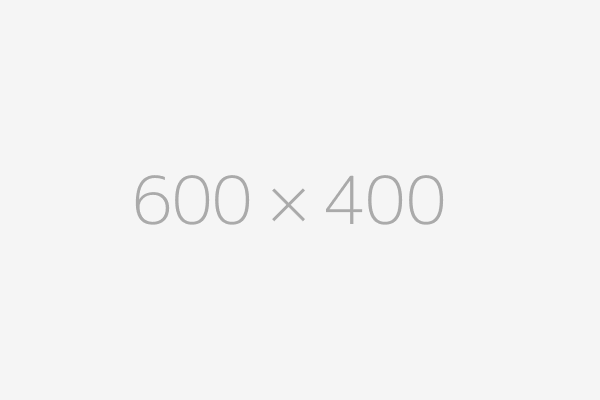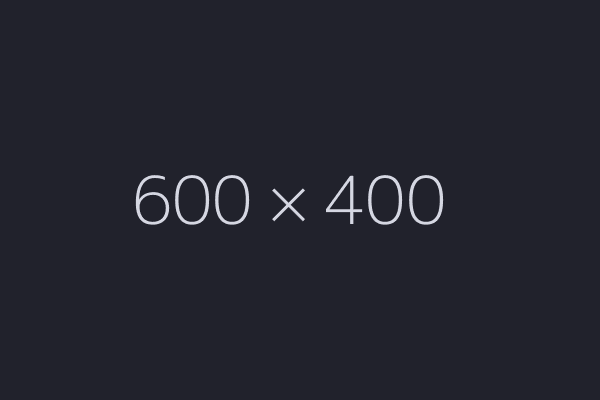Images¶
While images are first-class citizens of Markdown and part of the core syntax, it can be difficult to work with them. Material for MkDocs makes working with images more comfortable, providing styles for image alignment and image captions.
Configuration¶
This configuration adds the ability to align images, add captions to images (rendering them as figures), and mark large images for lazy-loading. Add the following lines to mkdocs.yml:
See additional configuration options:
Usage¶
Image alignment¶
When Attribute Lists is enabled, images can be aligned by adding the respective alignment directions via the align attribute, i.e. align=left or align=right:
Lorem ipsum dolor sit amet, consectetur adipiscing elit. Nulla et euismod nulla. Curabitur feugiat, tortor non consequat finibus, justo purus auctor massa, nec semper lorem quam in massa.
If there's insufficient space to render the text next to the image, the image will stretch to the full width of the viewport, e.g. on mobile viewports.
Why is there no centered alignment?
The align attribute doesn't allow for centered alignment, which is why this option is not supported by Material for MkDocs.1 Instead, the image captions syntax can be used, as captions are optional.
Image captions¶
Sadly, the Markdown syntax doesn't provide native support for image captions, but it's always possible to use the Markdown in HTML extension with literal figure and figcaption tags:
<figure markdown>
{ width="300" }
<figcaption>Image caption</figcaption>
</figure>
Image lazy-loading¶
Modern browsers provide native support for lazy-loading images through the loading=lazy directive, which degrades to eager-loading in browsers without support:
Light and dark mode¶
8.1.1 · Experimental
If you added a color palette toggle and want to show different images for light and dark color schemes, you can append a #only-light or #only-dark hash fragment to the image URL:




-
You might also realize that the
alignattribute has been deprecated as of HTML5, so why use it anyways? The main reason is portability – it's still supported by all browsers and clients, and is very unlikely to be completely removed, as many older websites still use it. This ensures a consistent appearance when a Markdown file with these attributes is viewed outside of a website generated by Material for MkDocs. ↩